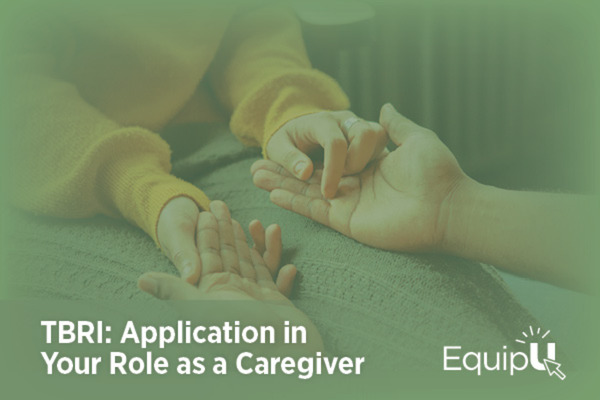
Upon completion of this course, you will understand the difference between a Service Animal, a Therapy Animal, an Emotional Support Animal and a Personal Pet, know the legal/regulatory conditions and recognize the Program’s responsibility with animals. Read more

Explore the various tactics that survivors may use in their interpersonal interactions and what she may be trying to achieve by engaging in manipulative behaviors. Read more

In this course, learn how the Karen Purvis Institute's Trust Based Relational Intervention (TBRI) Model's principles apply to specific instances in caring for survivors of exploitation. Read more

Upon completion of this course, you will be able to distinguish between joy and happiness in the context of a trafficking survivor's journey, recognize that joy is a skill that can be learned and practiced, identify programming strategies that model and foster joy and understand God’s desire for us to live joyful lives. Read more

This course dives even deeper than the introductory course, Principles of Trauma Informed Care. While the introductory course may be helpful for those who don't directly work with survivors such as board members or certain volunteers, this course was designed specifcally to give staff and volunteers who consistently serve survivors a deeper understanding of Trauma Informed Care, the principles surrounding TIC and several examples for illustration. Read more

Join Linda Blackiston as she interviews Dr. Woody Woodell who served the dental needs of survivors at The Samaritan Women. Learn how Dr. Woody found his calling, offered special care for survivors of sexual exploitation and the joys he sees in serving. Read more
Shopping Cart
Your cart is empty
